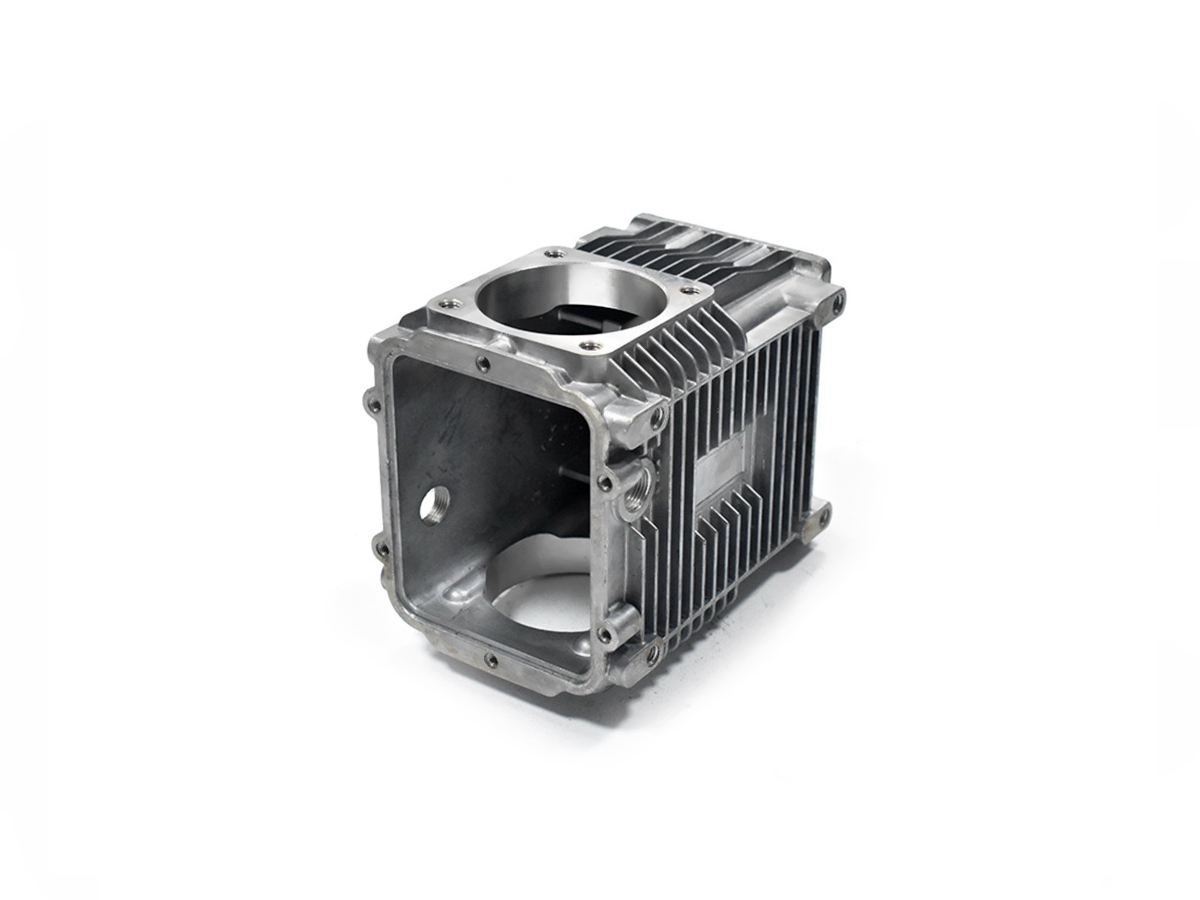How many units can you produce using soft tooling or urethane casting?
When speed, cost, and flexibility are critical in early product development, manufacturers often use soft tooling and urethane casting to produce prototypes or low-volume parts. These processes are designed to fill the gap between initial design validation and mass production, offering faster turnaround with minimal investment. But how many units can realistically be produced before the tooling needs to be replaced?
At Neway, urethane casting and soft tooling for low-volume casting are core services for customers needing fast, functional parts without committing to full-production die sets.
Typical Output Ranges
Process | Usable Units per Tool | Lead Time | Best Use Cases |
|---|---|---|---|
Urethane Casting | 10–50 parts per silicone mold | 1–2 weeks | Concept models, functional testing, marketing samples |
Soft Tooling (Aluminum Mold) | 500–10,000+ parts | 3–6 weeks | Bridge production, pilot runs, low-volume casting |
Urethane Casting: Ideal for 10–50 Units
Urethane casting is a flexible and cost-effective method for producing plastic-like parts from silicone rubber molds. Once a master pattern is created (via 3D printing or CNC machining), silicone molds can be poured around it and cured for repeated casting.
Each silicone mold typically yields between 10 to 50 high-quality parts, depending on the part geometry, complexity, and urethane formulation. Factors like mold tear resistance, part extraction difficulty, and resin shrinkage will impact mold life.
This method is ideal for:
Marketing samples with cosmetic finishes
Fit and assembly validation before tooling investment
Temporary replacements or service parts
Rapid A/B testing of multiple design variants
Neway supports many urethane material properties to simulate ABS, PP, or elastomeric characteristics.
Soft Tooling: 500 to 10,000+ Cast Metal Units
Soft tooling refers to aluminum or pre-hardened steel molds for limited die casting production. These tools are less expensive and faster to produce than hardened steel molds but have a finite service life.
Typical soft die cast molds yield:
500–2,000 units (basic aluminum or zinc parts with minimal complexity)
5,000–10,000+ units (with proper gating, thermal control, and alloy selection)
Factors that influence output volume include:
Chosen alloy: softer alloys like Zamak 3 or Zamak 5 extend tool life
Part geometry and draft: simpler shapes extract with less wear
Surface finish and coating: aggressive textures or tight tolerances may reduce tool life
Mold maintenance: cleaning and recoating can extend mold usability
Soft tooling is the go-to solution for bridge production before scaling to hardened steel production tools capable of running 100,000+ units.
Which to Choose: Urethane Casting vs. Soft Tooling?
Criteria | Urethane Casting | Soft Tooling |
|---|---|---|
Part Material | Polyurethane, silicone-like plastics | A380 aluminum, Zamak, brass, copper alloys |
Cost per Unit | Higher (small batches) | Lower (mid-volume batches) |
Mold Cost | Low | Medium |
Part Tolerance | ±0.2–0.5 mm | ±0.05–0.2 mm |
Part Finish | Smooth, cosmetic | Production-grade or better |
Production Volume | 1–50 | 500–10,000+ |
Applications | Plastic-like prototypes, marketing samples | Functional parts, field trials, short-run production |
Real-World Use Case
A customer developing an IoT enclosure began with 10 urethane-cast units to validate internal component spacing and conduct field demos. Once the form was finalized, Neway transitioned the project to a soft aluminum mold for low-volume aluminum die casting, delivering 2,500 units within 5 weeks for pre-launch sales.
This hybrid approach minimized upfront investment while allowing a seamless scale-up to full mass production.
Conclusion
Urethane casting is ideal for small-batch production of plastic-like parts with cosmetic surfaces and short lead times, typically up to 50 units per mold. In contrast, soft tooling enables hundreds to thousands of metal parts to be cast economically, making it an effective choice for bridge production, early sales, and pilot runs. At Neway, we help customers select the right process based on design maturity, functional requirements, and quantity needs—ensuring quality results with speed and efficiency.


